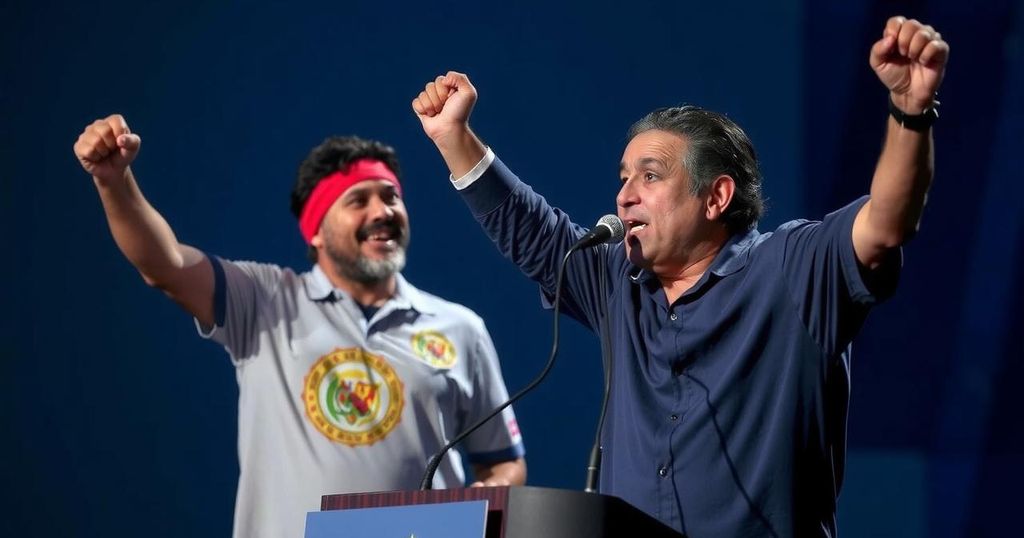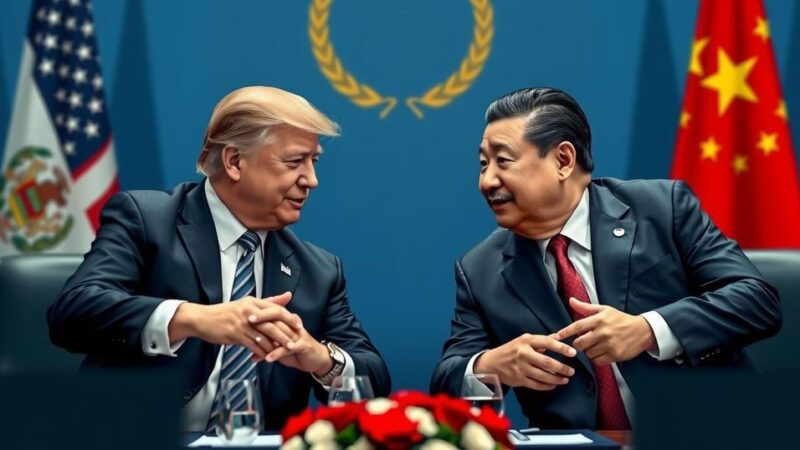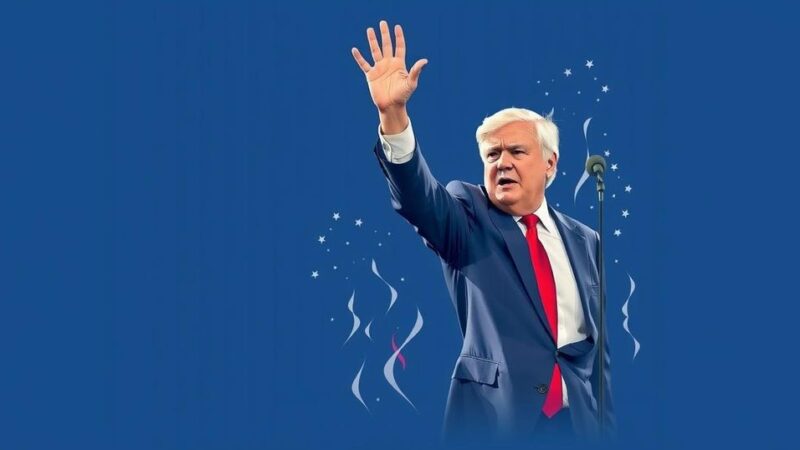Uruguay’s governing party has conceded defeat to left-wing candidate Yamandu Orsi in the presidential run-off election, marking the end of a conservative government. Alvaro Delgado acknowledged the transition, while Orsi aims to uphold moderate policies and progressive reforms. The election reflected global trends of voter dissatisfaction, with high turnout indicating strong public engagement.
In a significant political shift, Uruguay’s ruling party has conceded defeat in the presidential run-off election to left-wing candidate Yamandu Orsi. The conservative candidate, Alvaro Delgado, acknowledged the outcome with both sadness and acceptance, indicating a transition in leadership as Orsi represents the centre-left Broad Front. This election marks the conclusion of a conservative government that began in 2020, which succeeded a 15-year tenure of the Broad Front renowned for advancing progressive reforms such as the legalization of abortion and same-sex marriage.
In an announcement made at his campaign headquarters, Mr. Delgado stated, “with sadness, but without guilt, we can congratulate the winner,” as more than 57% of the votes were counted, confirming Mr. Orsi’s leadership role. The current president, Luis Lacalle Pou, expressed his intentions to assist in a smooth transition, further solidifying the shift in governance. Voter turnout for this election was notably high at 89.4%, a reflection of Uruguay’s compulsory voting laws.
Orsi, a politically moderate candidate with roots as a history teacher and mayor, garnered approximately 49% of the vote against Delgado’s 46%. Notably, his leadership comes during a global trend of voters expressing dissatisfaction with current administrations, yet Orsi appears poised to maintain a balanced approach, aligning with some of the previous government’s policies. His proposed programs include tax incentives to attract investments, while still recognizing the need for fiscal responsibility and social reforms.
The electoral outcome positions Uruguay as part of a broader narrative of changing political landscapes worldwide, where citizens are increasingly seeking leadership that prioritizes both economic stability and social welfare, demonstrating a collective desire for progress without radical changes. As noted by a local voter, “He’s my candidate, not only for my sake but also for my children’s.”
Uruguay’s recent presidential run-off signifies a pivotal moment in its political history, wherein the ruling conservative coalition faced a significant challenge from the left-wing Broad Front party, which previously governed for 15 years. This election was held in the context of a global trend where voters are reevaluating the performance of sitting governments in light of economic difficulties following the pandemic. The Broad Front’s past achievements, particularly in social reforms, have influenced voter sentiment, underscoring a desire for leadership that balances economic growth with social justice. In this environment, Mr. Orsi’s election reflects a preference for moderation in governance, contrasting with the more radical approaches seen in other global contexts.
The concession of the presidential run-off by Uruguay’s conservative government signals a notable shift towards leftist leadership under Yamandu Orsi. This electoral change, characterized by high voter turnout and a moderate political agenda, highlights the evolving demands of the electorate. Orsi’s approach aims to honor the progressive accomplishments of the prior Broad Front administration while adapting to contemporary economic challenges, thereby embodying a continuity of governance that seeks both stability and social progress.
Original Source: www.shropshirestar.com






